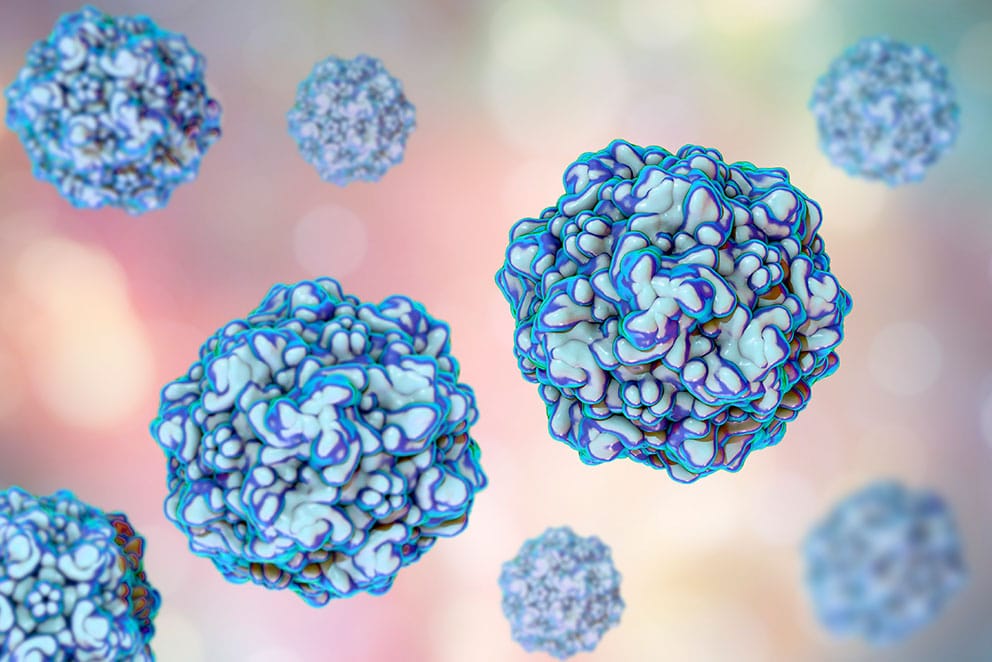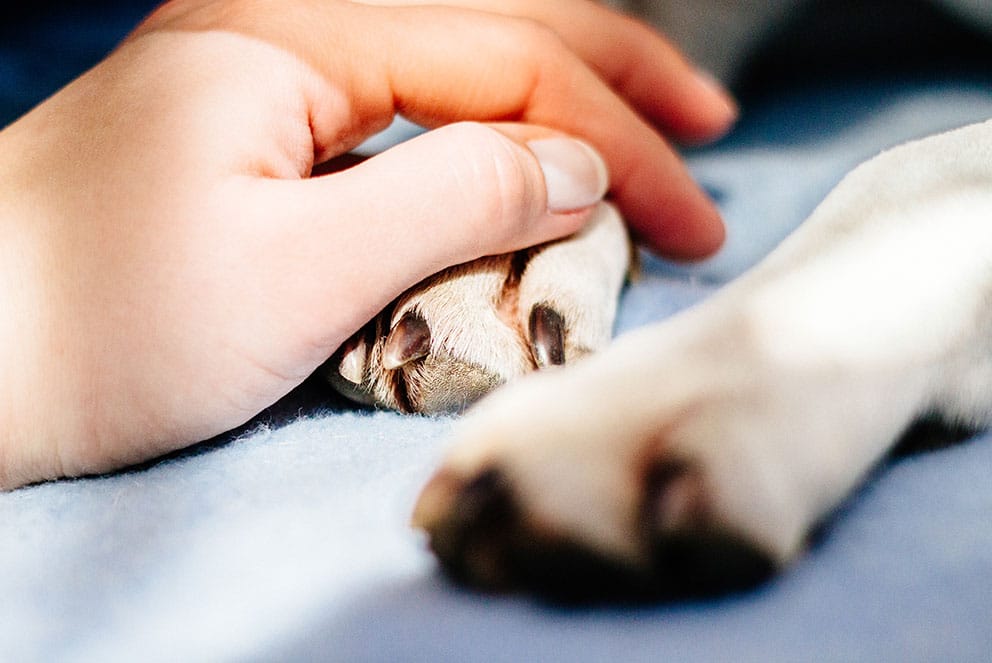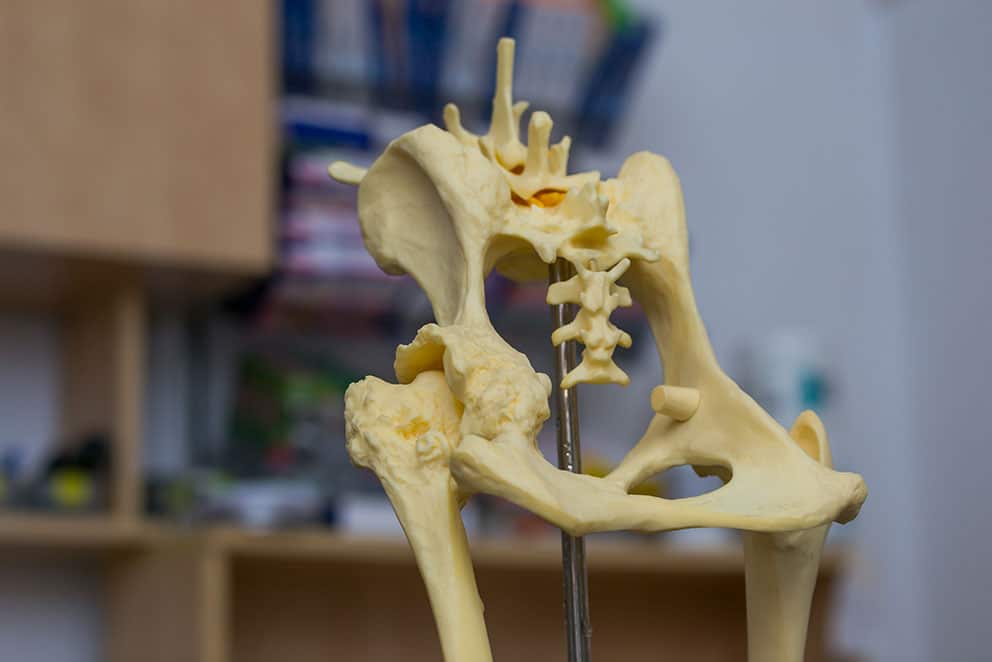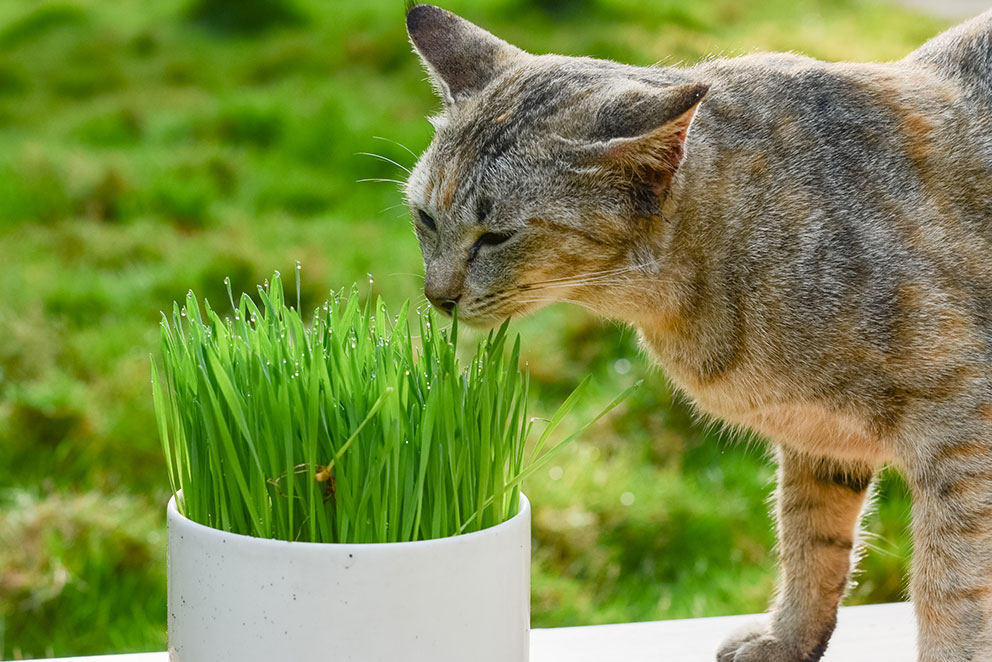The RSPCA has recently notified the veterinary profession that since 1 January 2018, there have been a number of confirmed cases of the Feline Panleukopaenia Virus in kittens brought in as strays from the greater metropolitan area of Melbourne. One of these cases presented locally at RSPCA Burwood.
Feline Panleukopaenia is the “cat version” of canine parvovirus and is associated with a high mortality rate in susceptible cats. The virus is spread via the faeces, vomit and nasal secretions of infected cats. It is a hardy virus and can survive in the environment for over a year in ideal conditions. It can even tolerate some disinfectants. Most cats are exposed to the virus at some point in their lives.
After infection the virus moves into the lymph nodes, bone marrow and the lining of the gastrointestinal tract where it causes the lining to slough, resulting in severe bloody diarrhoea. It also causes panleucopaenia which is an abnormally low number of white blood cells which compromises the immune system.
The severity of the disease varies from showing no symptoms to severe vomiting and bloody diarrhoea which can lead to dehydration and ultimately death. Other symptoms can include lethargy, inappetance and fever.
Treatment is based on supportive therapy which includes good nursing, intravenous fluids to correct dehydration and electrolyte abnormalities, antibiotics for secondary bacterial infections, anti-emetics and possibly vitamin supplements. The best treatment, however, is prevention and fortunately the F3 vaccination available for panleukopaenia is very effective.
It is extremely important to ensure that your cat is up to date with their vaccinations. If you are unsure of your cats vaccination status, please feel free to call us and ask one of our friendly nurses to look up your pets records.






